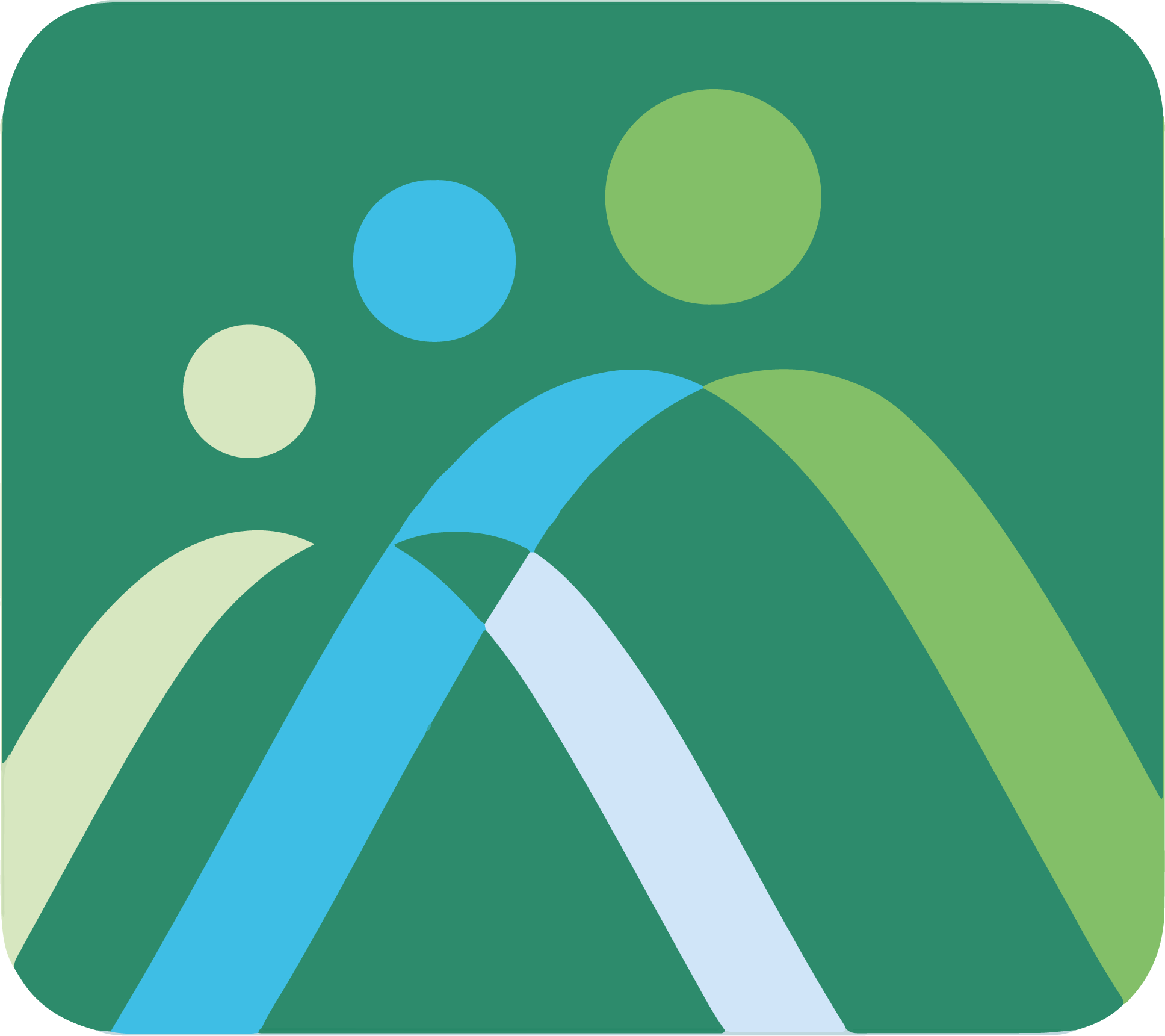Latin American and Caribbean Authorities Discussed the Initial Bases for Elaborating a Regional Agenda for Inclusive Social Development
Work area(s)
A document presented by ECLAC was analyzed during the second meeting of the Presiding Officers of the Regional Conference on Social Development in Latin America and the Caribbean, which was held in Panama along with the Tenth Ministerial Forum for Development in Latin America and the Caribbean.

The Economic Commission for Latin America and the Caribbean (ECLAC) presented on Wednesday, September 12 in Panama City, Panama the initial bases for elaborating a regional agenda for inclusive social development (RAISD), a political-technical instrument that seeks to strengthen joint action by the region’s countries, with the goal of eradicating poverty, reducing inequality and guaranteeing people’s rights, as well as combating discrimination, exclusion and the culture of privilege.
The document Towards a regional agenda for inclusive social development: Bases and initial proposal was presented by Laís Abramo, Chief of ECLAC’s Social Development Division, on behalf of the Commission’s Executive Secretary, Alicia Bárcena, during the second meeting of the Presiding Officers of the Regional Conference on Social Development in Latin America and the Caribbean, which took place along with the Tenth Ministerial Forum for Development in Latin America and the Caribbean, organized by the government of Panama, the United Nations Development Program (UNDP) and ECLAC.
In the process of elaborating the bases for the RAISD proposal, the United Nations regional organization examined a broad set of regional and subregional commitments related to social development (340 documents arising from diverse intergovernmental forums between 2010 and 2018), Abramo explained, adding that the global frame of reference is the 2030 Agenda for Sustainable Development.
The meeting was inaugurated by Marina Arismendi, Uruguay’s Minister of Social Development, in her capacity as Chair of the Presiding Officers. After the presentation by Laís Abramo, the speakers included Margarita Cedeño, Vice President of the Dominican Republic, and Michelle Muschett, Vice Minister of Social Development of Panama.
The authorities praised ECLAC’s proposal and expressed gratitude for the work done. They also debated its contents and agreed to continue working together in the coming months to develop an agenda that expresses shared objectives and principles with a view to strengthening each country’s progress in the area of inclusive social development and on the social dimension of the 2030 Agenda, from a regional Latin American and Caribbean perspective.
The final draft of the Agenda will be presented at the next Regional Conference on Social Development in Latin America and the Caribbean, which will take place during the second half of 2019.
Latin America and the Caribbean faces a set of critical obstacles to advancing toward sustainable development, ECLAC sustains, which include poverty and vulnerability, inequality and the culture of privilege, the lack of decent work, unequal access to social protection, limited financing of social policies and emerging challenges such as diverse manifestations of violence, disasters, changes in the world of work, migration and demographic, epidemiological and nutritional transitions.
In 2015 and 2016, the levels of poverty and extreme poverty rose after more than a decade of reductions. ECLAC estimates that, in 2016, 186 million people lived in situations of poverty, of whom 61 million people found themselves in extreme poverty. In the same way, inequality in income distribution narrowed between 2002 and 2016, but that trend has slowed in recent years.
“Inequality is unfair, inefficient and unsustainable,” Abramo stated, citing the position document The Inefficiency of Inequality, which ECLAC presented to its member States and associate members in May of this year. “All countries must act to substantially reduce inequality in all its expressions, not only as an ethical imperative but also as an investment strategy to increase productivity levels and move toward comprehensive and sustainable development.”
During the gathering in Panama, the Observatory on Social Development in Latin America and the Caribbean, built by ECLAC at the request of countries, was also presented. This tool integrates a set of ECLAC’s digital platforms, among them, databases on Non-Contributory Social Protection Programs, Youth and Social Inclusion and Social Institutional Frameworks, as well as that of Regional and Subregional Commitments on Social Development. The Observatory also includes brief national profiles and analytical documents related to the databases.
The Regional Conference on Social Development in Latin America and the Caribbean (RCSD) is one of ECLAC’s nine subsidiary bodies. The first meeting of the conference took place in Peru in 2015 and the second in Uruguay in 2017, where countries agreed to move forward on defining a regional agenda for inclusive social development, requesting the Commission’s technical assistance.
The Presiding Officers of the RCSD, meanwhile, met for the first time in the Dominican Republic in 2016 and are gathering now in Panama, during the Tenth Ministerial Forum, the theme of which this year is “Partnerships for the reduction of structural inequalities under the framework of the SDGs.”
Related content
Subregional headquarter(s) and office(s)
Related link(s)
Country(ies)
Related project(s)
Contact
Public Information Unit
- prensa@cepal.org
- (56 2) 2210 2040
